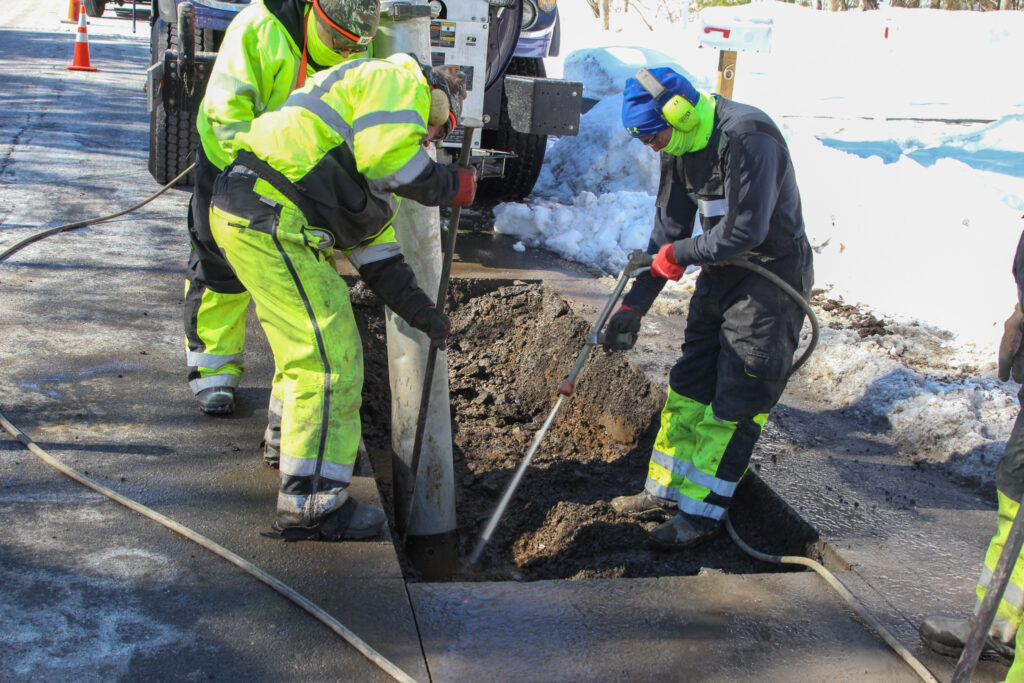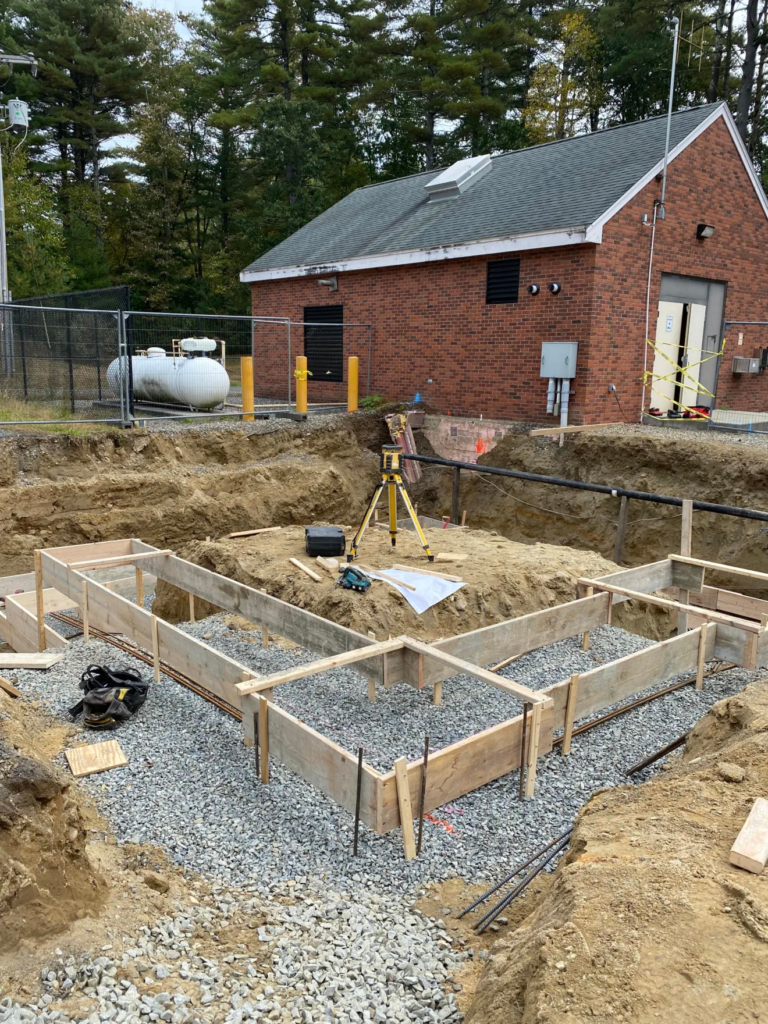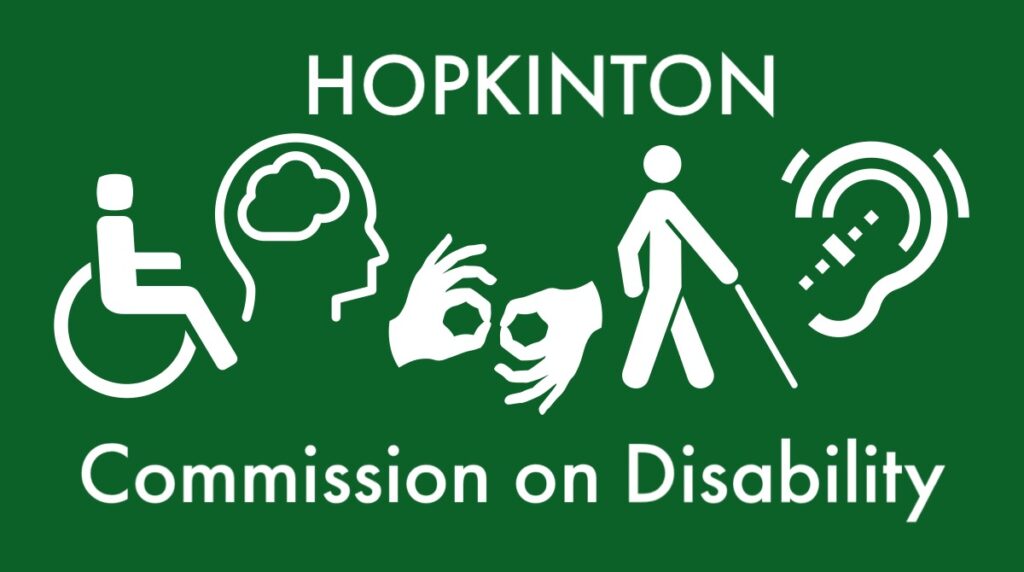At Thursday’s Upper Charles Trails Committee meeting, Assistant Town Manager Elaine Lazarus presented a report from town counsel regarding questions about the legality of two citizens’ petitions authored by resident Peter LaGoy that will be voted on at Annual Town Meeting, which begins Monday. One calls for the UCTC to be disbanded in its current iteration and reconstituted as a subcommittee of the Trails Coordination and Management Committee. The second would halt the spending of public funds on consideration of the proposed segment of the trail known as Segment 7, which has been criticized for running along and crossing busy Hayden Rowe Street.
LaGoy is the chair of the TCMC, although he said he would relinquish his leadership role if the articles passed.
Lazarus explained that the legal response she was given was that Town Meeting does not have authority over the recommendations that the Community Preservation Committee brings for it. But it does have authority over how appropriations are spent.
She added that a funding request could be brought up about Segment 7 at a future Town Meeting, even if it is voted down this time.
Said Lazarus: “Such a vote would not be a forever rule.”
Regarding Article 47, which asks for Town Manager Norman Khumalo to abolish the current UCTC and establish an Upper Charles Trail Subcommittee of the TCMC, Lazarus said she was told that “Town Meeting doesn’t have the authority to direct the town manager’s actions in this regard.” A vote in favor of the article could be taken as a recommendation rather than as a directive.
She added that the town charter refers to Town Meeting being able to establish committees via a bylaw. In this case, a bylaw was not proposed.
Regarding whether the TCMC has the authority to create a new subcommittee, Lazarus explained that the town manager has the authority to create, abolish or modify committees.
FAQs discussed
In other news from Thursday’s meeting, committee members discussed revising the organization’s FAQ (frequently asked questions) document by adding more specifics.
As part of the UCTC’s effort to increase transparency, alternate committee member Jamie Wronka analyzed the document, which was created by town staff after reviewing tapes of past UCTC meetings. In her revised document, she called for the addition of dates of actions as well as links to meeting videos and documents.
Wronka stressed that the purpose of the document needed to be addressed, as well as how the questions were derived, before moving forward with any revisions. Her understanding was that questions were posed by residents via email or phone call to the UCTC, with responses generated by Town Engineer Dave Daltorio and Michelle Murdock, the town’s professional project specialist. Chair Jane Moran added that Daltorio and Murdock consulted other department heads for input.
“The staff was just spending hours upon hours on this document,” Wronka said. “It was the first FAQ since I’ve been here, and I had a lot of questions. I never intended for it to become what it’s become.”
She also asked how the committee would define a frequently asked question.
Member Eric Sonnett said that “common sense” would determine a “really good question,” but Wronka asked for more specifics, because what may be important to different residents could vary.
Treasurer Scott Knous combined the two strategies by saying that committee members should discuss the most relevant questions as well as those that generated the most feedback, noting that the responses to both types of questions could impact how a committee member decides to vote on an issue.
Members Ken Parker and Eli Post suggested creating a subcommittee to review the FAQ. Moran noted that this had been tried previously but was not successful.
“I think that it makes sense to answer any question that seems important,” Wronka stressed. “The purposed of the document should be to help simplify and clarify communication with the public.”
Clearer communication was something that was stressed in feedback forms from last year’s public information session, she noted. It could improve the public’s relationship with the committee, which she described as being “a little shaky.”
Sonnett said that the term “frequently asked questions” should be removed and that all questions, with answers, should be included in the new document. He suggested prioritizing questions by the number of responses each received.
The committee’s newest alternate member, Tim Ritterbusch, expressed some frustration over the discussion.
“You guys might think you guys are making sense,” he said. “All I hear is questions about questions. I have no idea where these questions came from.”
Moran explained that at last year’s input session and in workshops, the public was asked to submit their questions, which was the reasoning behind creating an educational document with their responses. Town staff collected and compiled them using town guidelines and grouped by topic.
“It’s good to have this conversation,” Moran said, “because if there are some things that are not working, we can plow through and get to some level of compromise.”
Member Cynthia Esthimer said that it should be pointed out that this iteration is a town-generated document. A future document could include input from the UCTC.
The next meeting will be held on Thursday, May 17.




















First, despite the UCTC asking for town counsel guidance in mid-February, a written response from town counsel was only received after close of business Friday, one business day before the start of town meeting. Clearly not enough time to respond with a legal opinion. We would hope for better from the town.
But more importantly, the purpose of a yes vote on these articles is to send a message to the town manager and Select Board that a change is needed. It was understood when the petitions were submitted that there was always the possibility of the town manager and Board creating a UCTC2, with the same membership. The purpose of the petitions was to strongly suggest that that is not what the town desires. Please attend town meeting and vote yes on articles 47 and 48